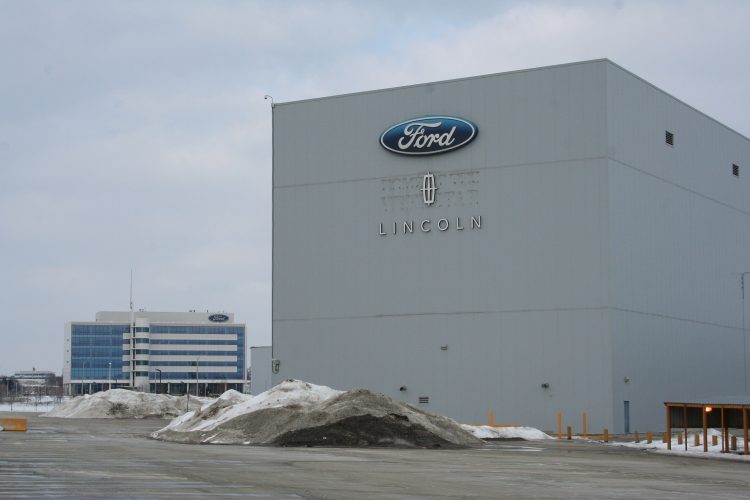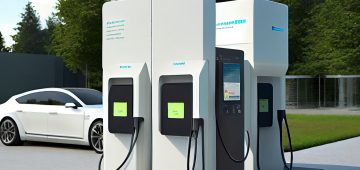Delayed Start for Oakville Plant
With Ford Motor Co. announcing a two-year delay in the start of electric vehicle production at its Oakville, Ontario plant, the initial production date of 2025 has now been pushed back to 2027. Despite beginning plant overhaul work as planned this year, the new three-row electric vehicles won’t be produced until 2027, allowing further development of EV battery technology.
Impact on Workers and Unifor’s Response
To address the impact of the delay on its workforce, Ford disclosed that layoffs will occur as part of the transformation at the Oakville plant. However, employees will be eligible for income security benefits based on seniority levels. Unifor, representing the plant’s workers, expressed disappointment at the substantial delay, emphasizing the need for Ford to explore all possible options to mitigate the effects on its members and their families.
CEO Jim Farley’s Statement on Delay
On behalf of Ford, CEO Jim Farley addressed the delay in electric vehicle production at the Oakville plant, expressing regret for the impact on the exceptional Canadian team. Farley emphasized that the decision was made for the long-term benefit of the company, showing a commitment to profitable growth in the future.
Long-Term Manufacturing Commitment in Canada
One of Ford’s top priorities is to maintain its manufacturing presence in Canada, ensuring a strong and profitable business. With plans to invest $1.8 billion to transform the Oakville assembly plant into a hub for electric vehicle production, the company is dedicated to building a sustainable future in the Canadian market, despite the delay in production.
Commitment: Ford’s spending plans in Canada include the establishment of a new battery plant at the Oakville facility, where workers will assemble battery packs for electric vehicles. This move aligns with the agreements made with the Ontario and federal governments, securing the company’s long-term production commitments in the region.



